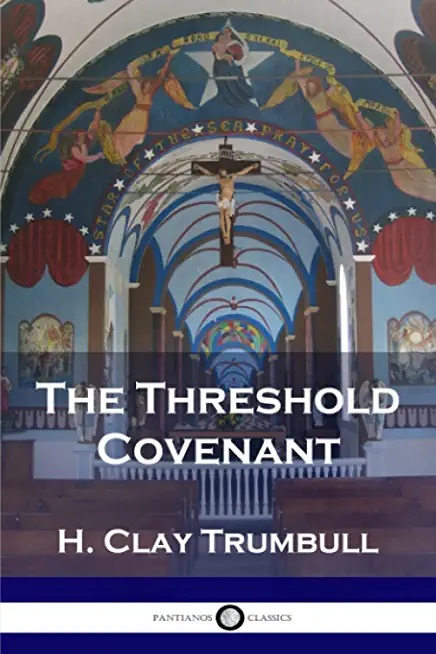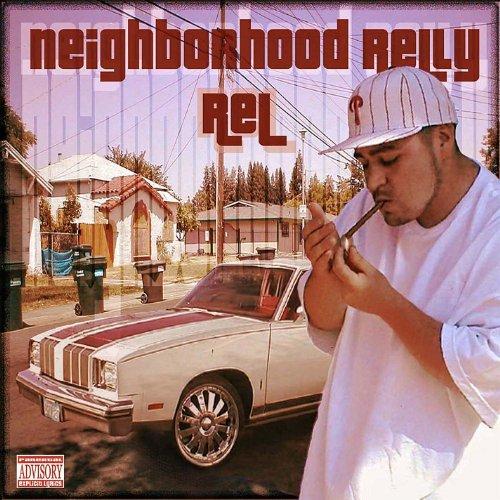
description
3The Threshold Covenant contains H. Clay Trumbull's researches into the religious customs, rituals and sacred rites related to the threshold or entrance of homes and temples during the Biblical era.
A fascinating history of how religious life was carried out in the ancient era of the Bible, this book reveals the deep and abiding role that spiritual observance played in everyday life. For instance, we learn of concepts such as the 'Threshold altar', where a family would make an animal sacrifice for a visitor, are traced to Ancient Egypt. Later societies would change this practice to offering bread and salt - symbolic of the flesh and the blood - or a bottle of red wine.
The importance of the threshold, or entryway, to both believing households and a holy temple is much detailed by Trumbull. We discover the sophistication of these beliefs, and how they would vary between ancient communities. As well as being a religious history, this book can be considered a sociological manual surrounding human customs of hospitality and worship in the distant past.
The author does not confine his investigation to Egypt and the Middle East, but broadens his inquiries to India and the Hindu religion. Comparisons between Hindu custom relating to the threshold of homes and temples are made, be they related to festival celebration, administration of justice, or regular worship. Crossing the threshold and entering a place of holy observance has long been symbolized and heralded by man.
In all, the author offers readers an insightful and deep investigation into a topic seldom examined in great detail by religious scholars or historians.
A fascinating history of how religious life was carried out in the ancient era of the Bible, this book reveals the deep and abiding role that spiritual observance played in everyday life. For instance, we learn of concepts such as the 'Threshold altar', where a family would make an animal sacrifice for a visitor, are traced to Ancient Egypt. Later societies would change this practice to offering bread and salt - symbolic of the flesh and the blood - or a bottle of red wine.
The importance of the threshold, or entryway, to both believing households and a holy temple is much detailed by Trumbull. We discover the sophistication of these beliefs, and how they would vary between ancient communities. As well as being a religious history, this book can be considered a sociological manual surrounding human customs of hospitality and worship in the distant past.
The author does not confine his investigation to Egypt and the Middle East, but broadens his inquiries to India and the Hindu religion. Comparisons between Hindu custom relating to the threshold of homes and temples are made, be they related to festival celebration, administration of justice, or regular worship. Crossing the threshold and entering a place of holy observance has long been symbolized and heralded by man.
In all, the author offers readers an insightful and deep investigation into a topic seldom examined in great detail by religious scholars or historians.
member goods
No member items were found under this heading.
Return Policy
All sales are final
Shipping
No special shipping considerations available.
Shipping fees determined at checkout.







